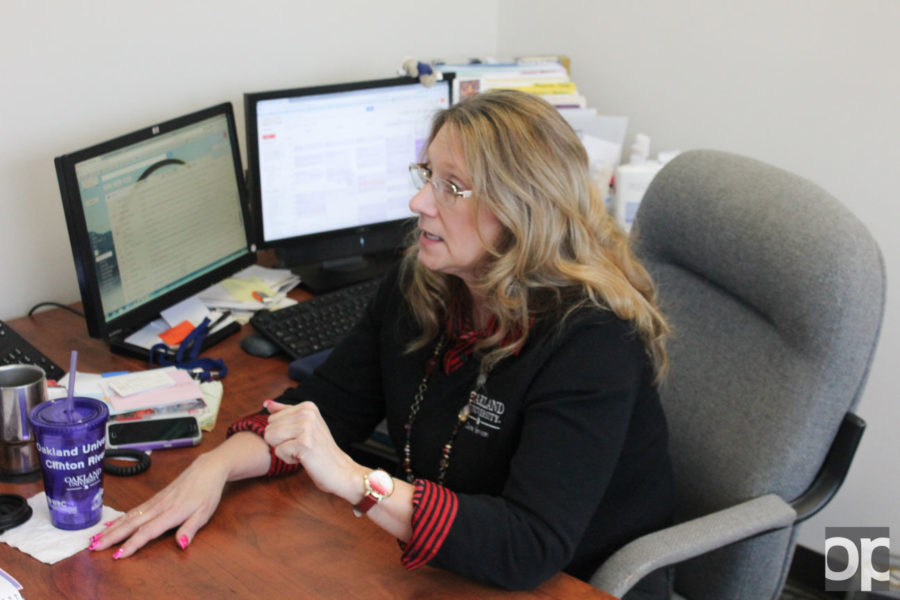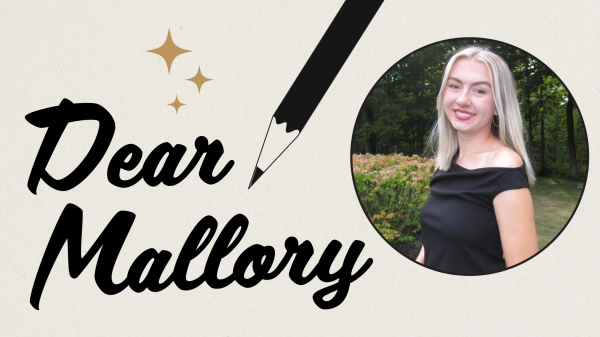Abstract degree, solid job: a story of hope
Career search based on skills, not degree
Mismatched degrees and jobs: It works
Abstract degree, solid job: a story of hope
At a family gathering, your great aunt asks you for the umpteenth time what your major is. You tell her, and (as usual) your loud, opinionated uncle informs you that you’ll never get a job with that degree.
You defend yourself as a matter of principle, but a tiny voice in the back of your head whispers its worries.
Not every degree lends itself to an obvious career path. Is all hope lost?
Absolutely not, said Carol Anne Ketelsen, career consultant at Career Services. But there are steps that students should take to ensure successful futures.
First, Ketelsen said students need to focus on an ultimate career goal.
“If I handed you that dream job on a silver platter, what would it be?” she said.
After that, Career Services can help identify steps to get there. This may include internships while in and after college, as well as volunteer work.
Students should also develop a backup plan so they aren’t unemployed while working toward their dream job. Career Services can help students realize all of their potential paths.
“The frustrating thing is that there are so many options,” Ketelsen said.
Ketelsen said students should have their goals outlined by their junior or senior year.
“Somewhere along the line you have to have that ‘aha’ moment,” she said.
Employers across the board are looking for transferable skills — things like strong writing, communication, critical thinking and analytical skills. Most programs at OU turn out students who have these abilities.
Students can also sharpen these skills through volunteer work and participation in athletics or student organizations. It’s important to include these things on a résumé.
Ketelsen said that a popular misconception is that a graduate degree will help in all careers.
“I don’t always think additional education is necessary,” she said.
She added that some people end up being over educated for a company. Other times, people with graduate degrees won’t be hired because the company has to pay them more right off the bat. Some companies pay for further education if they feel graduate degrees are necessary.
Ketelsen said she knows many graduates who have bachelor’s degrees and good jobs. For many, it all came back to the transferable skills.
One program that doesn’t lead to an obvious job is the creative writing program. However, English and creative writing graduates now work as librarians, technical writers, events coordinators, human resources managers, teachers, lawyers and website designers, among others, said Annie Gilson, associate professor of English and director of the creative writing program.
“Most students come to the creative writing because they love it,” Gilson said.
However, professors in the department make it clear that being the next Stephen King is unlikely.
“You can be a writer, that doesn’t mean you’ll make a living at it,” Gilson said.
The creative writing and English programs teach students to write in many different voices and for different occasions and audiences, Gilson said. This also helps students think outside the box. They also learn how to research and have oral communication skills.
“People are really looking for the flexibility of the creative mind,” Gilson said of employers.
Gilson helps students find internships and they have a mentoring program that connects students with graduates. Outside of work, they can write. There are more places than ever to get published, such as online and small presses, Gilson said.




